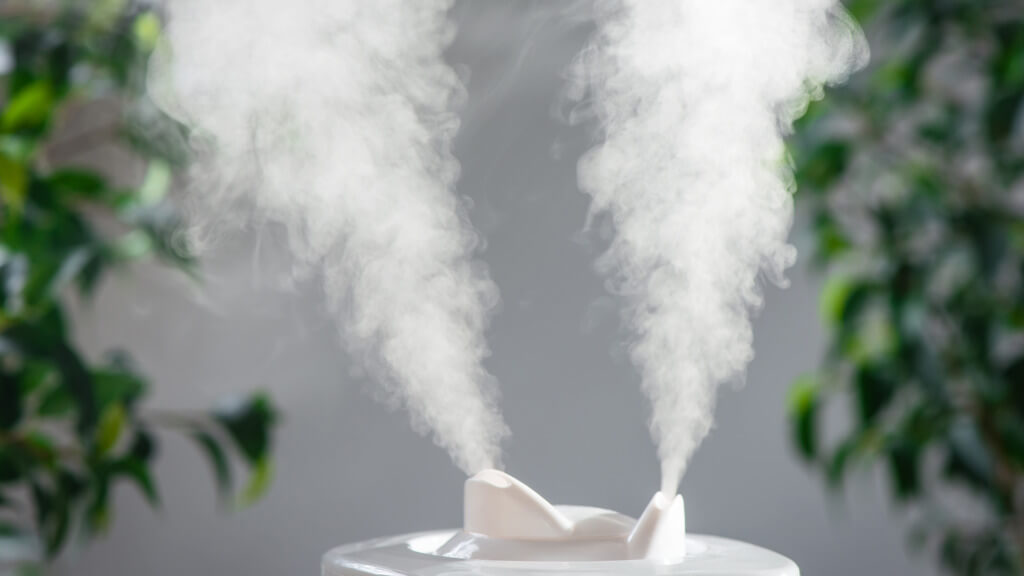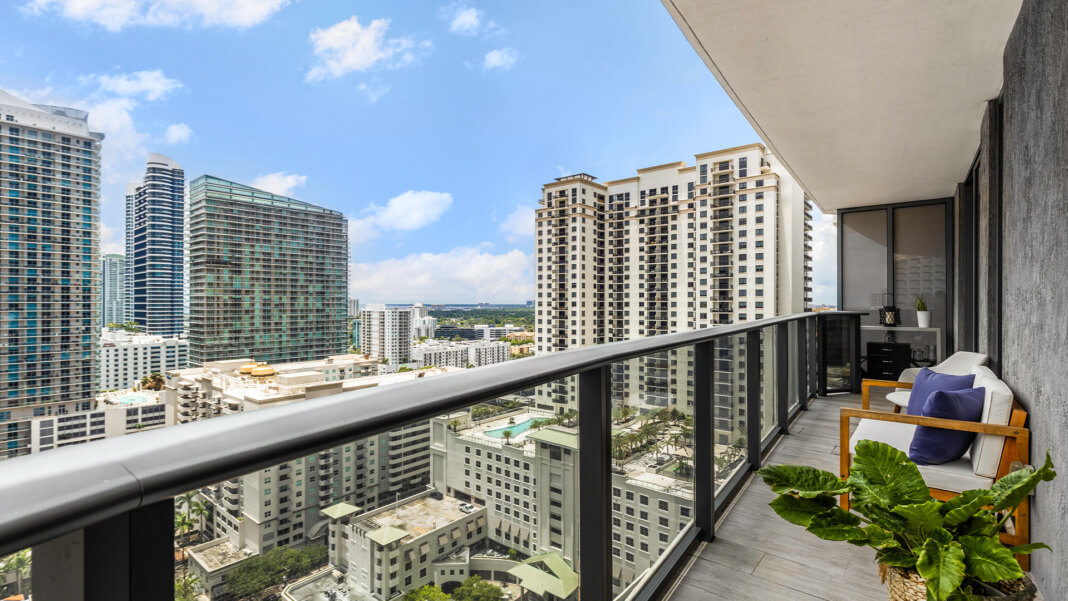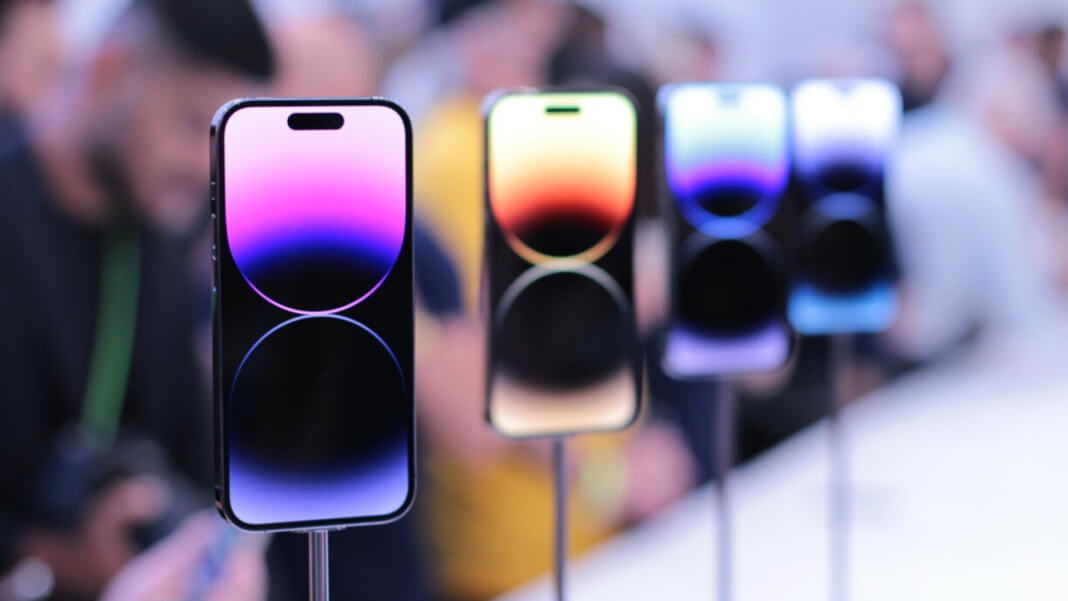Living in Singapore’s characteristic equatorial climate means dealing with consistently high humidity levels throughout the year. This tropical city-state experiences frequent rain showers, persistent high temperatures, and relative humidity that can hover around 80% on average, creating unique challenges for residents regarding indoor air quality. This constant dampness can harm our health and homes, making it essential to manage the indoor atmosphere appropriately. Understanding and controlling these levels becomes paramount, with the local weather sometimes exacerbating indoor humidity levels. This impacts our comfort and plays a crucial role in our overall well-being and the preservation of our belongings.
That’s where the roles of dehumidifiers and humidifiers come into play. These appliances, often underestimated, can be pivotal in ensuring that the indoor environment remains balanced, healthy, and comfortable.
A dehumidifier reduces excess moisture, preventing the growth of mould, fungi, and damp spots, which is especially vital during Singapore’s prolonged wet seasons. On the other hand, a humidifier helps by adding moisture to the air during arid periods, relieving conditions like dry skin, irritated eyes, and respiratory issues.
In Singapore, where modern air-conditioned homes can sometimes strip the air of its natural moisture, having a humidifier can be a boon. In essence, for a Singaporean home, it’s not just about picking one over the other; it’s about understanding when each device becomes necessary and strategically employing them to ensure an optimal living environment.
Mould growth in new HDB estates & health concerns
Given the constant humidity and the challenges of maintaining optimal indoor air quality in Singapore, the news of mould growth in the relatively new HDB estates in Sengkang and Punggol is of significant concern. The persistent tropical humidity in Singapore provides a fertile ground for mould spores to flourish indoors. This doesn’t just risk damaging belongings but, more importantly, poses a threat to health, especially those with respiratory conditions or allergies. Investing in a dehumidifier becomes an essential step for homeowners in Singapore. By effectively reducing indoor moisture levels, dehumidifiers can defend against mould proliferation, ensuring a healthier living environment.
The combined effort of homeowners and authorities can create a holistic approach to the problem. While the Housing & Development Board (HDB) and other agencies investigate and address the external factors contributing to mould growth, residents can play their part by maintaining optimal indoor humidity. Incorporating dehumidifiers into homes in Singapore isn’t just about ensuring comfort; it’s about safeguarding the well-being of its inhabitants.
Understanding the difference
While they might sound similar, dehumidifiers and humidifiers serve opposite functions. Dehumidifiers act as guardians against excessive dampness. By drawing in air and removing moisture, they help prevent the formation of mould, mildew, and damp spots – common issues in areas with high humidity. Beyond just comfort, these devices are essential for safeguarding possessions. Excess moisture can damage electronics, cause wood to warp, and even encourage the proliferation of dust mites, aggravating allergies. In regions like Singapore, where humidity levels often soar, a dehumidifier can be a game-changer, ensuring interiors remain dry and inhospitable to moisture-loving pests and fungi.

Conversely, humidifiers serve as a remedy for excessively dry environments. Despite Singapore’s humid climate, the extensive use of air-conditioning to combat the tropical heat can strip indoor air of its natural moisture. This can lead to various issues: from dry and irritated skin, sore throats, and exacerbated respiratory conditions to static electricity and the shrinking of wooden furniture. By releasing water vapour, humidifiers restore a room’s moisture balance, promoting a healthier and more comfortable environment.
How humidity impacts your health
Balancing humidity isn’t just about comfort; it directly affects your health. High humidity can be a breeding ground for various allergens. For individuals with asthma, Singapore’s humid conditions can exacerbate symptoms or even trigger asthma attacks. This is mainly because moisture encourages the growth of mould spores, a common asthma trigger. Furthermore, high humidity promotes the proliferation of dust mites, another well-known allergen. These microscopically small pests thrive in humid conditions, and their waste can significantly impact those with respiratory conditions. Investing in a dehumidifier can act as a preventive measure. By reducing indoor moisture levels, these devices create an environment where allergens, particularly mould and dust mites, struggle to survive, consequently alleviating respiratory symptoms for many.
However, the solution is more complex than constantly combating moisture. In an attempt to escape the relentless heat, many Singaporeans turn to air-conditioning. Prolonged exposure to air-conditioning can excessively dry the indoor air, leading to health challenges. Dry air can dehydrate the skin, leading to dryness and irritation. It can also make the mucous membranes in our nose and throat vulnerable, leading to chapped lips, sore throats, and sinus congestion.
Moreover, dry conditions can increase susceptibility to infections, as the body’s natural defences, like mucus, dry up and become less effective at trapping viruses and bacteria. In these situations, a humidifier can be a saviour. By reintroducing moisture into the air, humidifiers can help alleviate these ailments and restore optimal indoor conditions conducive to health.
Assessing the need through your home’s state

One’s abode offers more than just shelter; it acts as a barometer, indicating the overall health and balance of the environment. By understanding and recognising certain signals that our home provides, we can gauge the relative humidity levels and address them appropriately, ensuring both the longevity of our belongings and our health.
Dry air, often underestimated, can manifest its presence in subtle ways. Wooden furniture, cherished by many for its aesthetics and durability, is surprisingly vulnerable to low humidity. As wood loses moisture, it can contract, leading to visible shrinkage or even cracks. This not only affects the appearance but also diminishes the life and structural integrity of the furniture. Similarly, luxurious leather sofas may lose suppleness and develop unsightly cracks in dry environments. Wooden flooring, an elegant touch to any home, can also become a victim of the ravages of dryness, leading to gaps, warping, or creaking boards. These signs serve as silent alarms, pointing towards the need to reintroduce moisture. Incorporating a humidifier in such situations can breathe life back into these items, preserving their beauty and functionality.
On the other end of the spectrum, excessive moisture within a home brings challenges. A pervasive musty odour is often the first red flag of an overly humid environment. This aroma, reminiscent of old books or damp basements, indicates that moisture levels might be conducive to mould and mildew growth. Wet spots or water stains on walls and ceilings further corroborate this. Over time, unchecked moisture can lead to mould colonies, which pose an aesthetic concern and a significant health risk, especially to those with respiratory ailments or allergies. The solution, in these scenarios, is the introduction of a dehumidifier. By extracting excess moisture, these devices help maintain a balance, curbing mould growth and safeguarding both the home and its inhabitants.
In essence, the state of our home provides valuable insights into its indoor climate. Homeowners can ensure a balanced, healthy, and comfortable living environment by staying observant and proactive.





